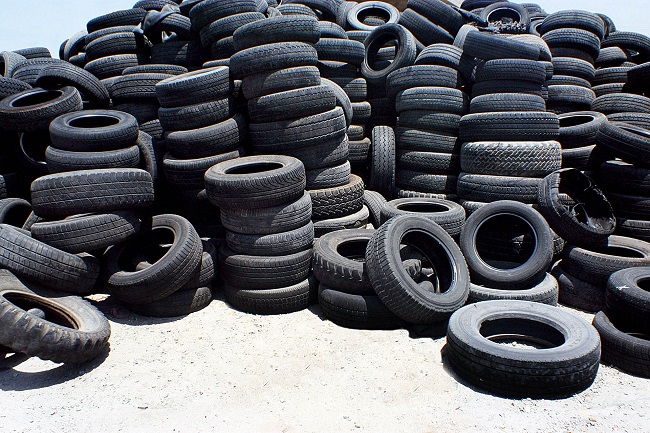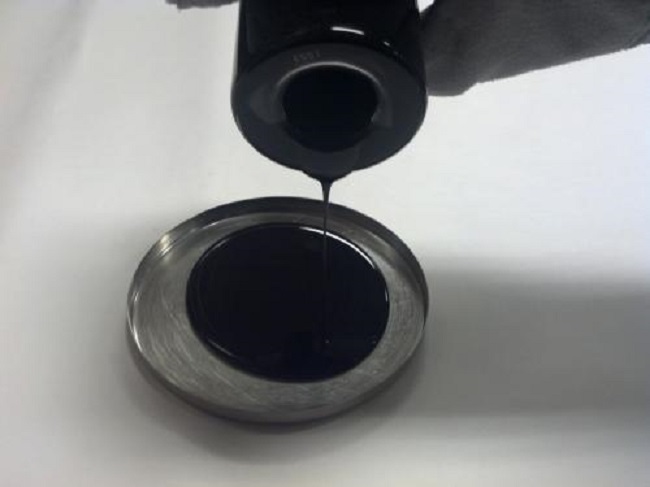
There’s no debating the environmental ramifications of discarded tire scraps. The Environmental Protection Agency reports that 300million of them are cast off in the United States on a yearly basis, furtherpolluting our landfills. On top of taking up space and being a fire hazard, tires are also breeding grounds for plague-bearing mosquitoes ─ and yet we hardly recycle them.
Magdy Abdelrahman, associate environmental engineering professor at North Dakota State University, is attempting to alter this paradigm by devising a way to simultaneously reduce landfill, lessen traffic noise, and improve the surface condition of ageing roads. The secret lies in mixing ground rubber with asphalt to turn old tires into new roads. “It's very durable,” says Abdelrahman, “We mix it with different materials and in different percentages, and in different conditions, to find the best ways to add rubber to asphalt.”

Abdelrahman adds that mixing these ingredients is nothing new; the practice has been going on since the late 1960s and is proven to work, but the purpose of this National Science Foundation–funded scientist’s work is to find out how to further improve the compound by studying the interactions of ground rubber with specific additives. He’s also evaluating the environmental impact of heavy rain on the compound — will it cause it chemical leakage that may seep into the soil or groundwater? “Traditional, that is, normal, asphalt-rubber materials will not cause harm to the soil or the ground water. But some additives may,” Abdelrahman explains.
There’s a massive market for rubber in road resurfacing, consuming 100 million kilograms per year, explains the EPA. Obtaining this rubber from worn-out tires only makes sense: it’s sustainable, benefiting both roads and solid waste alike.
The United States is at the forefront of the ground-tire-rubber adoption, having already paved 20,000 miles of road in this manner. However, interest has likewise picked up in Europe since the 2006 EU’s ban on landfill tire disposal. The continent accumulates a monumental 480,000 tons of recyclable rubber annually.
A most pressing concern potentially remedied by ground tire rubber is noise pollution; the World Health Organization says that one in five Europeans are exposed to an unhealthy amount of noise on a nightly basis, causing high blood pressure and sleep disturbances. Recalling the summers I spent at my grandparent’s country house in Europe, I can completely attest to this ─ a four-lane highway in the center of town does not make for comfortable sleep!
Eliminating solid waste, noise pollution, and improving roads in a single swoop seems like a worthy investment on a global scale.
Via Phys.org
Advertisement
Learn more about Electronic Products Magazine





